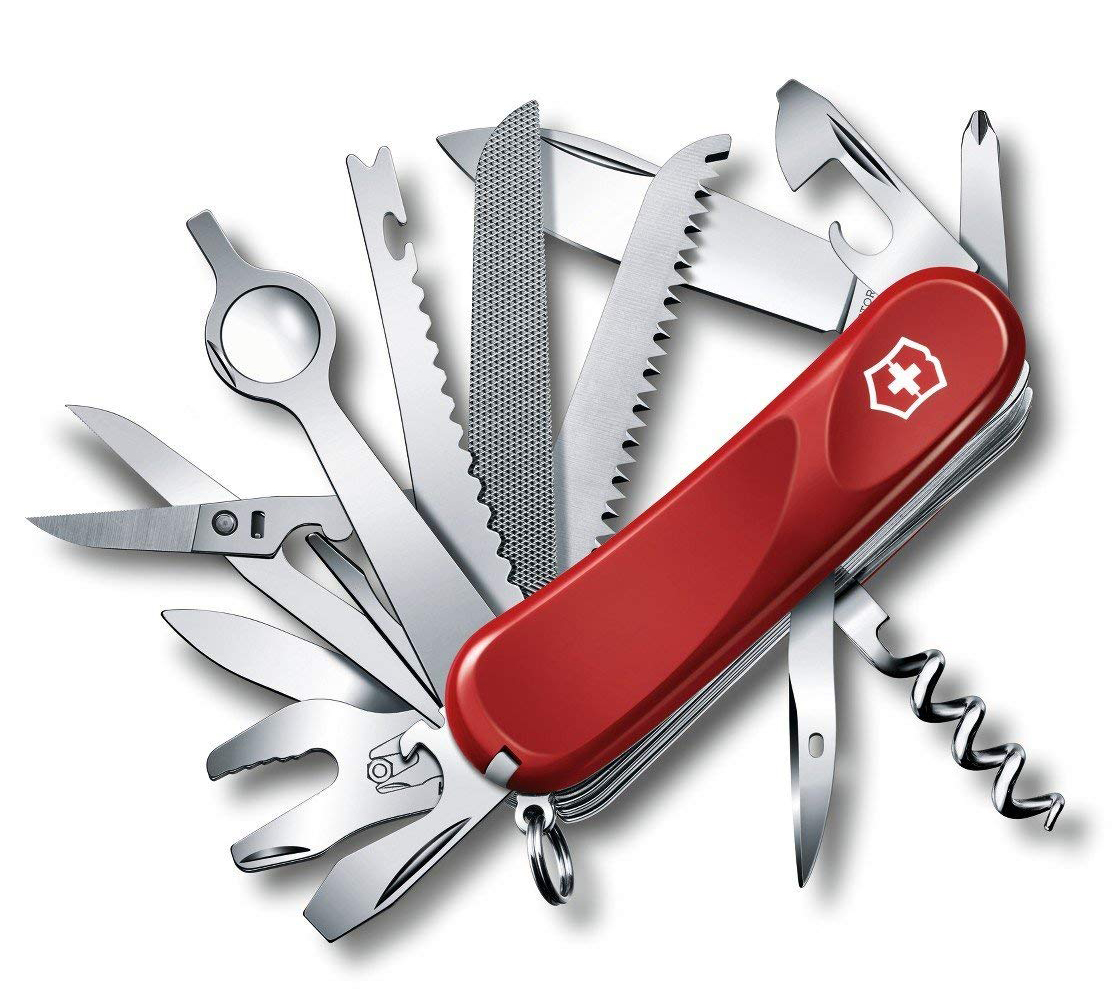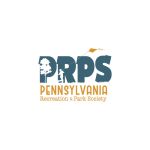Opening the Swiss Army knife of integrated professionalism
 Professionalism: it radiates ethics and expertise, competence and character, and a good number of other worthy virtues—all good!
And yet...
What tends to be missing from the mix is enough mixing—among other disciplines. It’s not that we don’t have enough professionalism; it’s that it’s not shared enough.
Studies show that most governments, industries and organizations fail to collaborate across business functions when meeting customer and client needs. Such silo practices create an inability or unwillingness to share data, information, resources, or collaborate with others on shared missions.
For want of collaborative agility in our fast-paced society, a response delayed is an opportunity missed, a solution lost, and a future vanished.
That missing agility-ability is particularly far-reaching in the recreation and park profession. Because modern recreation and park systems are multifaceted physical and socioeconomic structures, they daily deliver foundational needs and essential human services.
Much of what constitutes the appeal and livability of our communities is our direct connection to our public spaces and our natural and cultural assets. Their facilities and features build a strong and resilient infrastructure. Their recreational opportunities bolster our wellness and life satisfaction. Together, our park and recreation systems contribute expansively to a healthy economy, environment and society in dozens of documented, tangible ways.Park and recreation professionals are among the highest enablers of personal and community wellness, yet are often hindered by a lack of full interagency and interdisciplinary awareness, cooperation, and integrated services. Their public effectiveness in enabling community solutions would only improve with more interaction with their counterparts in public health, social services, community development, public works, transportation, food distribution and other services.
Moreover, many governmental agencies and public organizations do not yet readily identify parks and recreation as a go-to industry to help meet pressing social and economic issues. And while they may be willing to work toward positive change, they are often hampered by politics and/or bureaucratic structures that simply cannot move quickly on opportunities, make timely and productive decisions, or efficiently contribute to innovation.
To bring integrated solutions to complex public issues, we need integrated professionalism. Like opening a sophisticated Swiss Army Knife, we need to access a wide array of sharp professional tools, resources, capabilities and systems. Not only can we then combine savvy specialists and the best resources for the job, our collective synchronization of services spawns innovation, adds value, and reduces costs.
How can park and recreation leaders fashion such a purposeful toolkit?
Begin by focusing on shared opportunities. Construct intentional working relationships within agencies and organizations whose missions coincide with yours. Educate decision-makers and stakeholders on the ways park and recreation services contribute to community wellness. Such tools may look like these:
Professionalism: it radiates ethics and expertise, competence and character, and a good number of other worthy virtues—all good!
And yet...
What tends to be missing from the mix is enough mixing—among other disciplines. It’s not that we don’t have enough professionalism; it’s that it’s not shared enough.
Studies show that most governments, industries and organizations fail to collaborate across business functions when meeting customer and client needs. Such silo practices create an inability or unwillingness to share data, information, resources, or collaborate with others on shared missions.
For want of collaborative agility in our fast-paced society, a response delayed is an opportunity missed, a solution lost, and a future vanished.
That missing agility-ability is particularly far-reaching in the recreation and park profession. Because modern recreation and park systems are multifaceted physical and socioeconomic structures, they daily deliver foundational needs and essential human services.
Much of what constitutes the appeal and livability of our communities is our direct connection to our public spaces and our natural and cultural assets. Their facilities and features build a strong and resilient infrastructure. Their recreational opportunities bolster our wellness and life satisfaction. Together, our park and recreation systems contribute expansively to a healthy economy, environment and society in dozens of documented, tangible ways.Park and recreation professionals are among the highest enablers of personal and community wellness, yet are often hindered by a lack of full interagency and interdisciplinary awareness, cooperation, and integrated services. Their public effectiveness in enabling community solutions would only improve with more interaction with their counterparts in public health, social services, community development, public works, transportation, food distribution and other services.
Moreover, many governmental agencies and public organizations do not yet readily identify parks and recreation as a go-to industry to help meet pressing social and economic issues. And while they may be willing to work toward positive change, they are often hampered by politics and/or bureaucratic structures that simply cannot move quickly on opportunities, make timely and productive decisions, or efficiently contribute to innovation.
To bring integrated solutions to complex public issues, we need integrated professionalism. Like opening a sophisticated Swiss Army Knife, we need to access a wide array of sharp professional tools, resources, capabilities and systems. Not only can we then combine savvy specialists and the best resources for the job, our collective synchronization of services spawns innovation, adds value, and reduces costs.
How can park and recreation leaders fashion such a purposeful toolkit?
Begin by focusing on shared opportunities. Construct intentional working relationships within agencies and organizations whose missions coincide with yours. Educate decision-makers and stakeholders on the ways park and recreation services contribute to community wellness. Such tools may look like these:· Integrated Professionalism Forum. Facilitate open forums among working professionals in recreation, parks, conservation, health, public works, maintenance, transportation, resources, economic development, therapy and social work, and urban and land use planning.
· Top Co-op Day. With help from fellow professionals, convene an annual meeting with department heads (or their empowered reps) whose duties include community and economic development, conservation and natural resources, drug and alcohol programs, education, environmental protection, health, human services, transportation, and labor and industry. Build meeting agendas from real world examples and cases of need; plot practical sharing and collaborative resolutions.
· Cooperative Exchanges. Create themed opportunities to share joint concerns with representatives from state and county commissions who deal with crime and delinquency, children and families, rural affairs, physical fitness and sports, green government, museums and heritage, arts, opioids, etc. Invite members to Park Champion and other public recreation and park events.
These are some of the strategies outlined in PRPS's new Strategic Plan: let’s work together to shape a sharp new collaborative future! What cutting-edge applications can you apply? What successes have you had? What other transformational tools can you suggest for more integrated professionalism?
